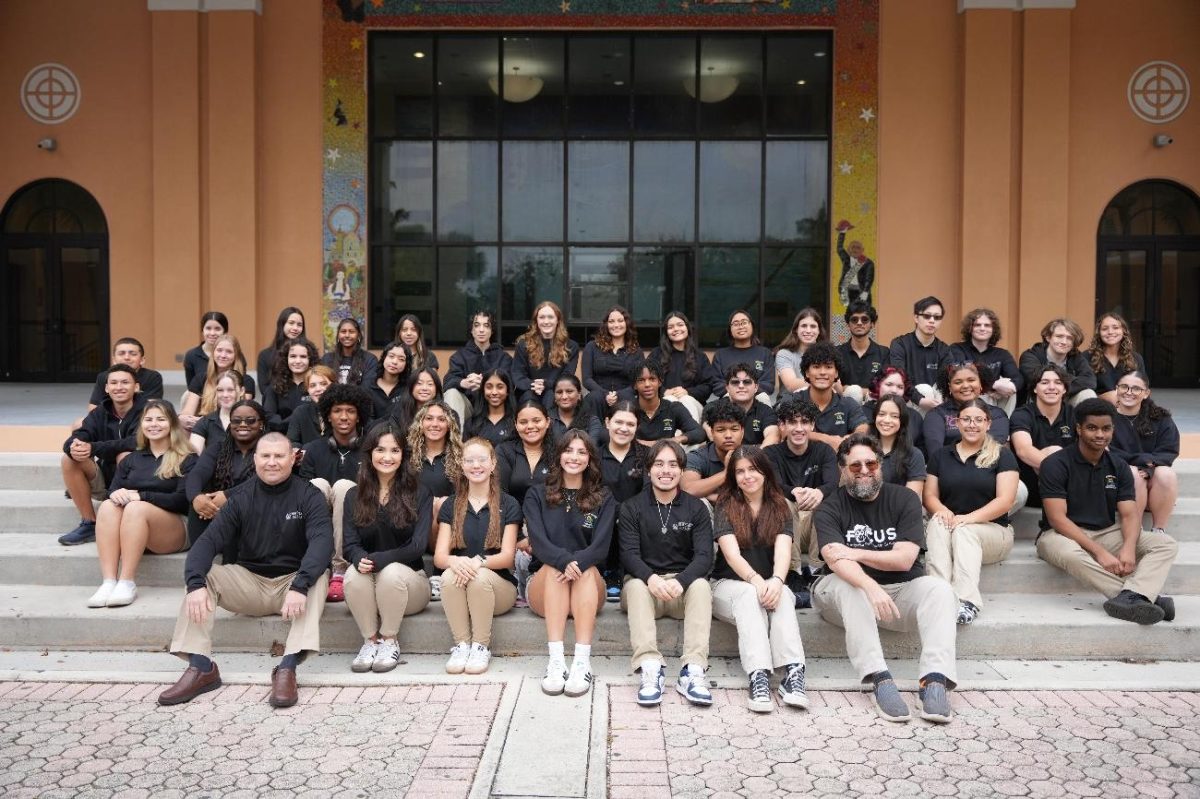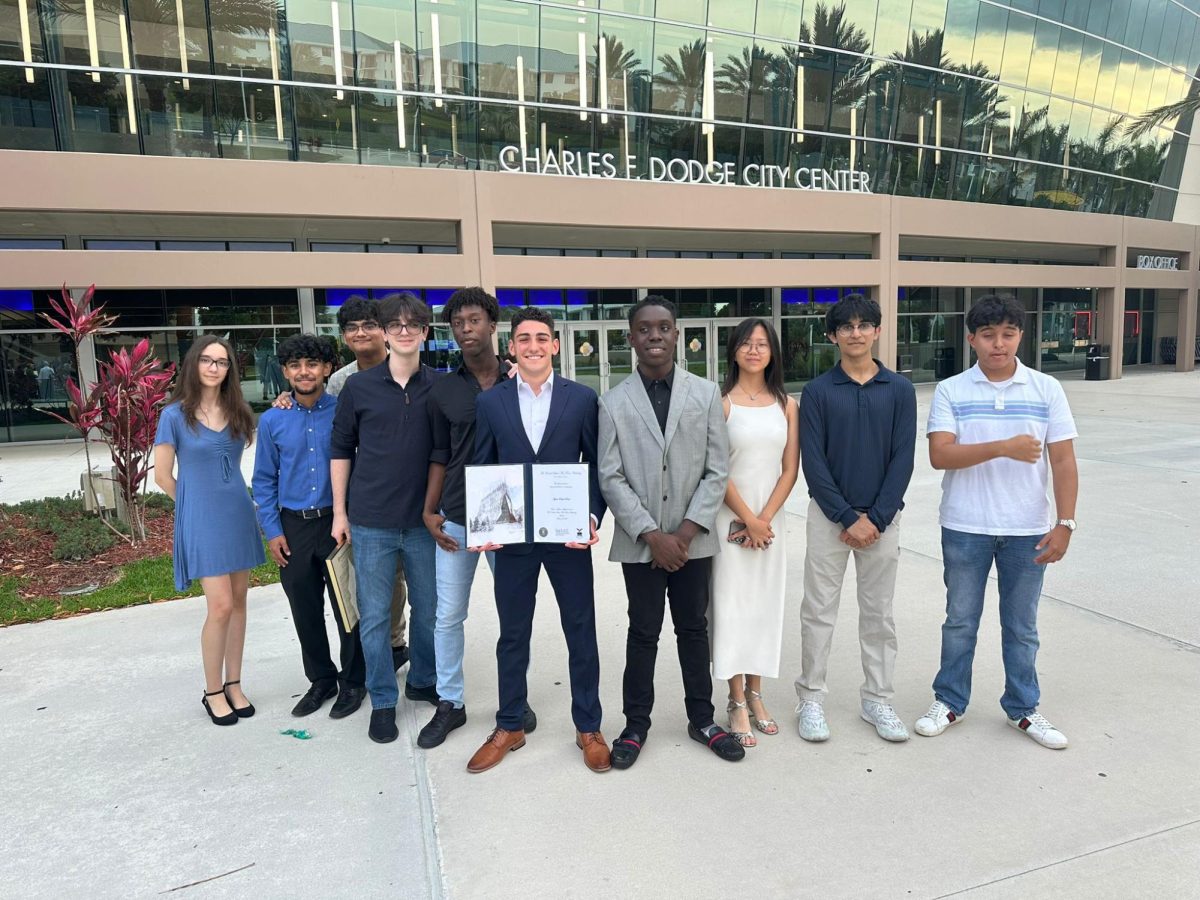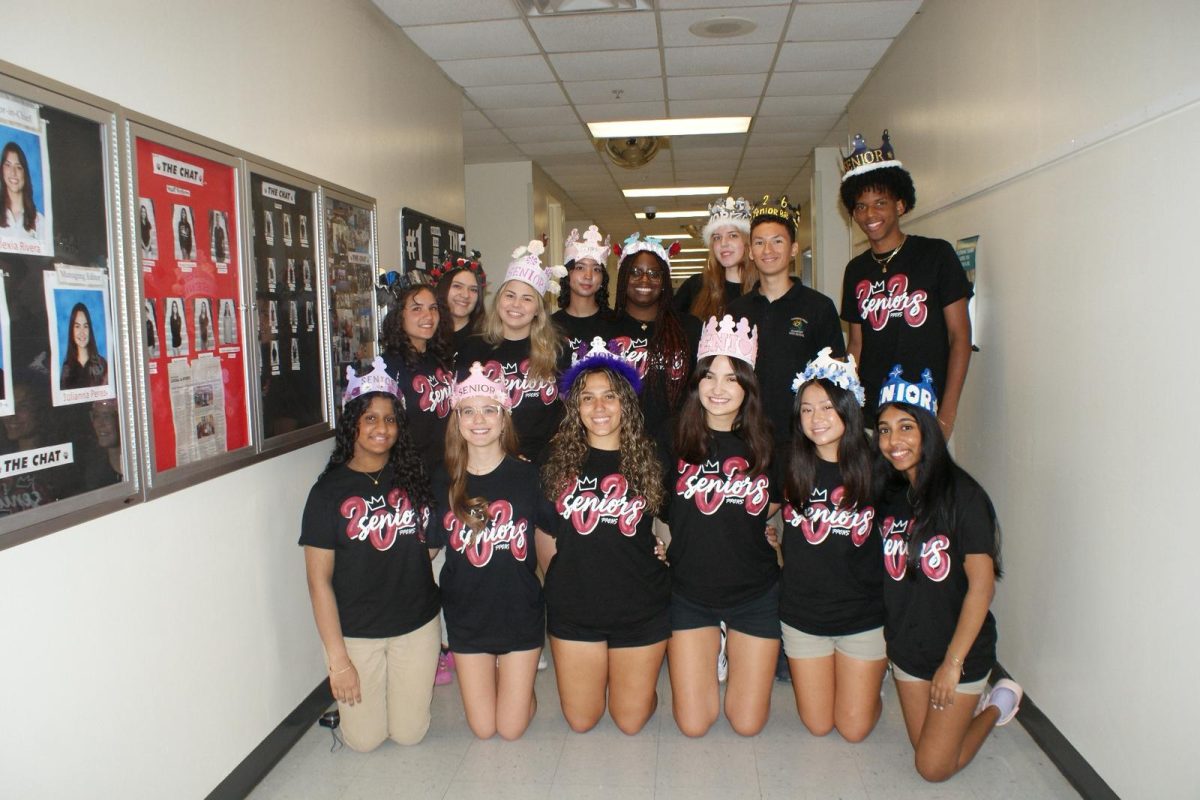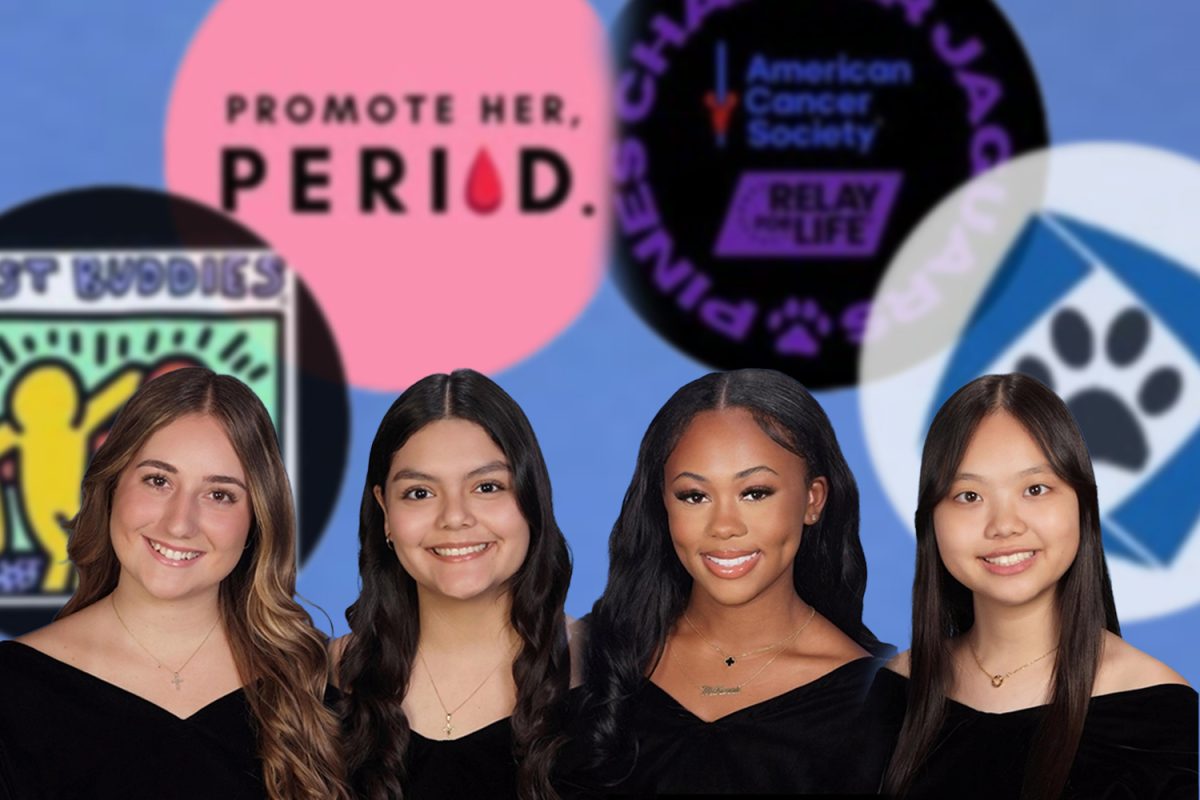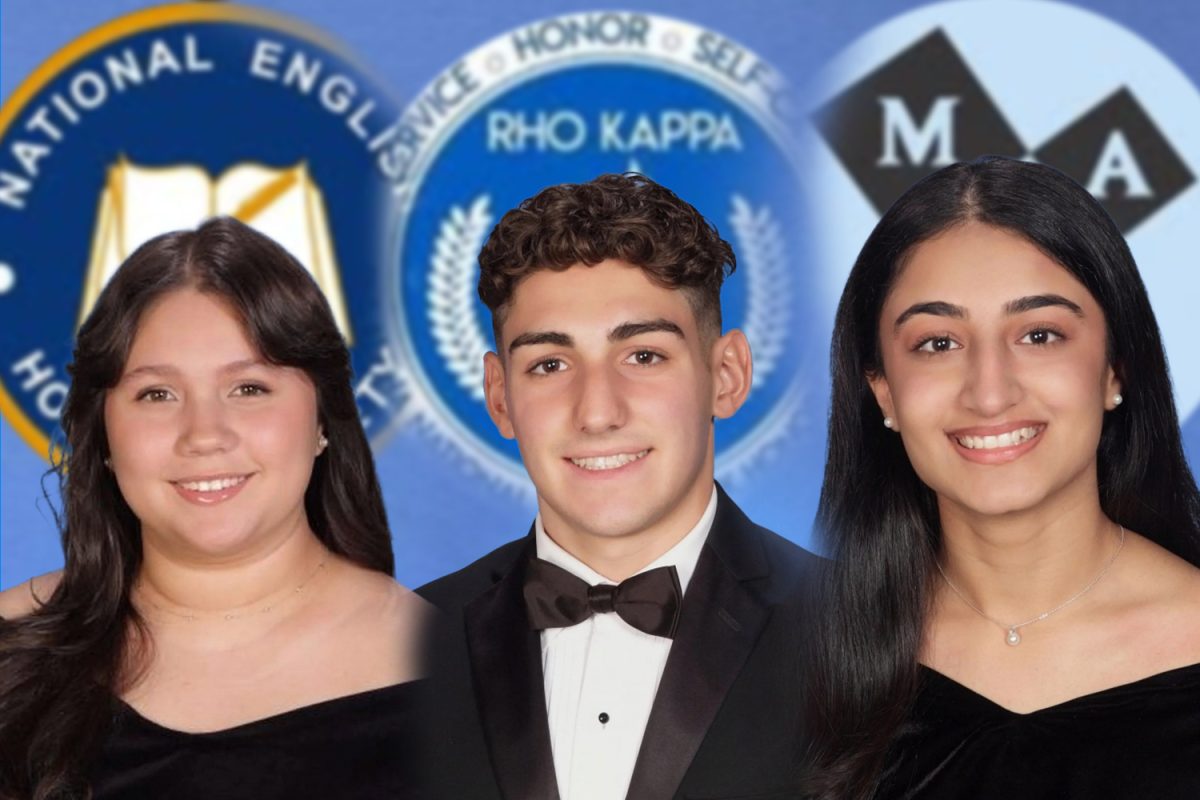“Hey guys! Come get ready with me for…” is the phrase that has popped up on everyone’s TikTok at least at once; whether you are interested in makeup or not. Many of these videos go on to explain what the top makeup products are and why it is a must for them to be in your possession. However, for some groups, what has been most appealing are skincare lineups, promoted as having the ability to conceal the ‘flaws’ that are displayed on your body. One such product, Drunk Elephant, is one of the major companies that has attracted the eyes of children around the age of 10. With these retinol, hyaluronic acids, and niacinamide infused products flooding the rooms of pre-tweens, the question arises; when will enough be enough?
The influence of makeup and the obsession over ‘clear and flawless’ skin started roughly around 2020. The year marked the beginning of a pandemic that shook the lives of everyone globally. After being quarantined inside for months at a time, many people began to develop micro obsessions which would fill what many considered long, endless days of boredom. For some, that would be cooking, knitting or reading. But, for others, it was the image of themselves that was displayed on social media, which at the time was amongst the few forms of communication. This obsession with self-image accelerated an alarming trend of self-esteem problems among millions of social media users in our current society.
Studies have shown that the series of COVID-19 waves impaired students’ self-efficacy and self-confidence in general. With no way of connecting with anyone from the outside world, it was easy for many young people to endlessly scroll through social media looking for an escape. It was essentially very easy to compare yourself to others and ask yourself, “How can I look like that?” From there, the cycle begins; obsess, find the products, and attempt to reconstruct yourself.
Fast forward 4 years, the pandemic has passed and everyone has moved on. Or have they? What has remained is the need to remain ‘picture perfect’ and to abide by the trends of the makeup gurus of the world. Charlotte Tilbury, Nars and Rare Beauty are just a few examples of makeup brands that follow the trends popular on apps like TikTok. As reviews on their products are posted, they commonly reach the teen and young adult demographic. However, recently, pre teens, only usually being 8-13 year-olds, have now included themselves in this makeup and skin care frenzy.
With these young children and tweens swarming Sephora and Ulta stores, it has come to the attention of other shoppers, as well as employees, the pointlessness of the products that the children are buying. Problems like acne scarring, damaged skin barriers and dry/oily skin have caused skincare brands’ products to remain in high demand. However, these children are attracted to the colorful and ‘aesthetic’ packaging of these brands instead of the usage of them in order to improve their skin. These products include the popular Drunk Elephant line, which many adults with real skin problems can no longer find in stock.
This phenomenon has led to an uproar in the beauty community. The complaints and rage of adults and workers over the behavior of these children has flooded TikTok and Instagram. This includes destroying product samples and being abusive towards staff. The common theme that has been seen among the affected tweens, is the need to look like older teen influencers on social media. Toadults, the physical differences between these two age groups is obvious. But, to young kids, the pressure of having the same glowy, mature look is at an all time high.
As this obsession continues, a question is beginning to arise; what is the root behind this? The 2 most common theories have to do with parents and society. But, who is truly at fault? Over the years studies have shown that children look up to and seemingly mirror their mothers during early development. The blog, We Have Kids, which is run by mothers, believes this is what is causing ‘Sephora Kids’. They say that parents are a child’s first role model. If children are desperately looking for ways to appear more conventionally beautiful at such a young age, it is due to either lack of guidance or of feminine empowerment in the child’s home, vital in a society increasingly scared of aging.
On the other hand, what about the outside world’s role in this? Ever since the first Vogue magazine was published in 1892, beauty trends have been easily accessible to younger women. Nowadays, we have social media, tv shows and movies to influence the younger generation.
Not only can this increased influence be toxic mentally, but it can be extremely toxic physically. Some of these products contain extremely harmful chemicals ranging from lead to asbestos. These chemicals are mostly always linked to cancer, neurodevelopmental harm, and other serious effects. Besides these extremely intense chemicals, the usage of retinol and other skincare products at such a young age can cause irreversible damage to the skin barrier and damage it completely. Usually, these young children don’t even need the products that include these chemicals. For what seems like play in their eyes can instead cause many problems involving their skin.
Beloved teacher and mother here at Charter, Ms. Sunshine Phelps had a very nuanced understanding of the issue. “I’m fine with kids over all and people taking care of their skin, keeping sunscreen on it and all of that. But, retinol is not for kids obviously and I think that the trends we are seeing where really young kids are using things like retinol, it speaks to the fact that society is hyper concerned with image and making our faces camera ready at all times.” With two daughters in middle school herself, her statement spoke to the idea that parents have all the power to shield their children from these toxic standards that are attempting to take over.
Even after Drunk Elephant’s statement regarding this controversy — clarifying that their products aren’t meant for kids — young girls and boys continue to ransack the shelves of beauty stores. Many claim that te question isn’t when the kids are going to leave this beauty frenzy behind, but when society will end this toxic way of living up to the beauty standards.


